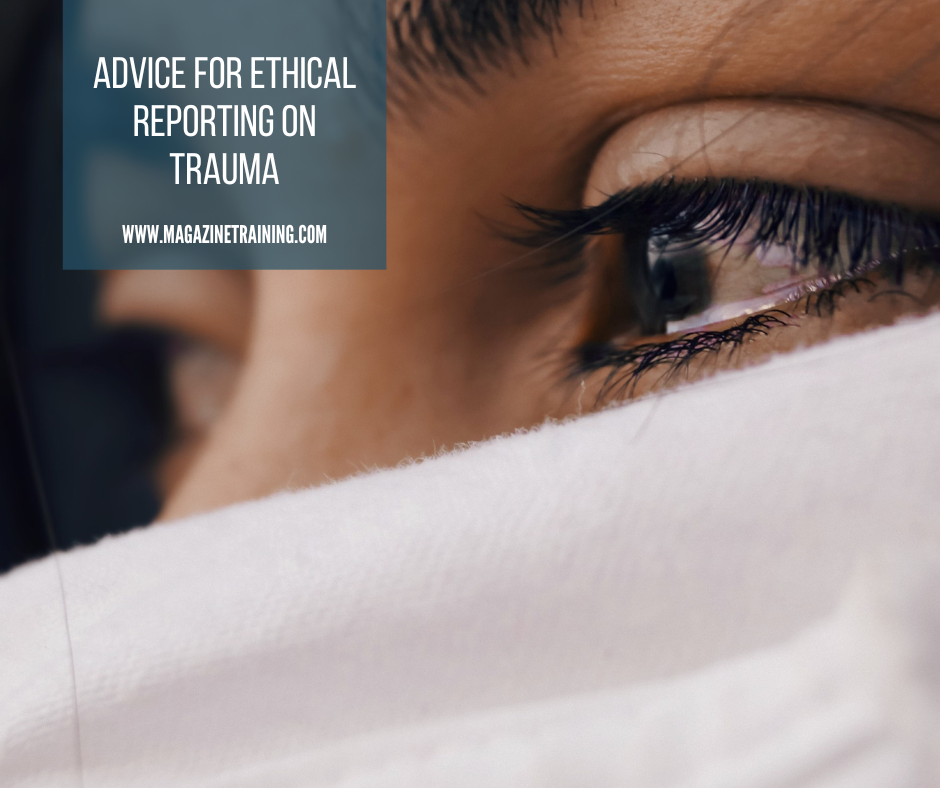
Covering topics in which sources must recall the intense emotional and psychological trauma they have experienced can be a difficult task for any journalist. Along with ensuring that they are reporting accurately on these topics, media professionals also must consider the wellbeing and safety of victims and survivors, who often serve as their primary sources.
Nicole Froio, a Colombian-Brazilian journalist based in Rio de Janeiro, has reported on sexual and gender-based violence for 10 years. Throughout her career, she has developed useful skills and techniques for reporting on stories in which personal trauma is a major component.
In a recent ICFJ webinar, Froio shared tips on how to conduct trauma-informed reporting. Here are some key takeaways.
Put the survivor’s wellbeing first
Journalists write to tell a story, and telling the stories of survivors of traumatic events can be powerful, moving and impactful. Getting an article published, however, should never become more important than the wellbeing of the survivors themselves. This means reporters must take their sources’ grievances seriously, and never use their stories just to gain a byline or drive engagement.
“You have to let your ego go to do this kind of work – you cannot put your byline before what the story is, [or] the wellbeing of the people who are sharing some of the most disturbing parts of their life,” Froio said.
by
Photo by Louis Galvez on Unsplash
Related posts
Magazine Training International’s mission is to encourage, strengthen, and provide training and resources to Christian magazine publishers as they seek to build the church and reach their societies for Christ.

